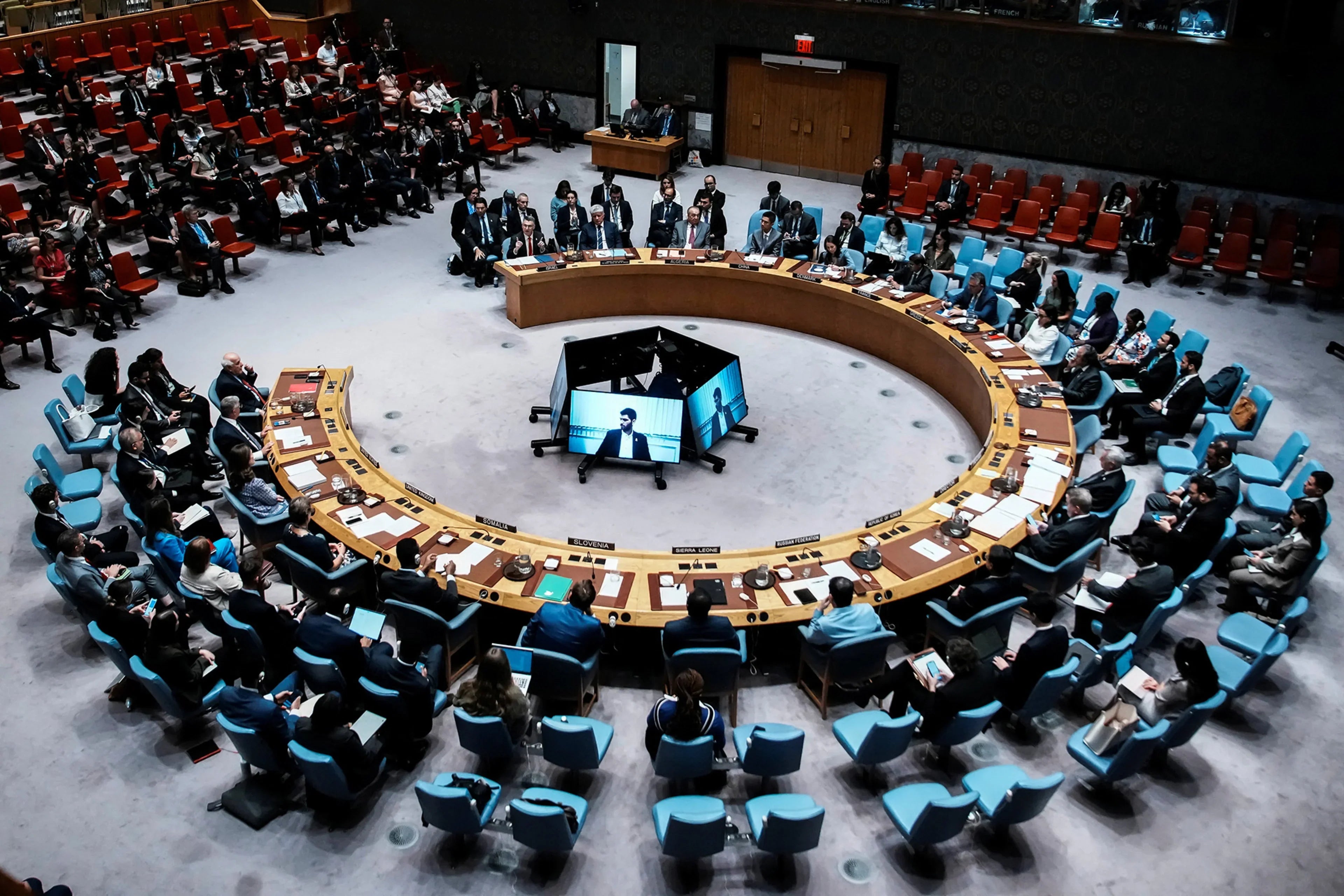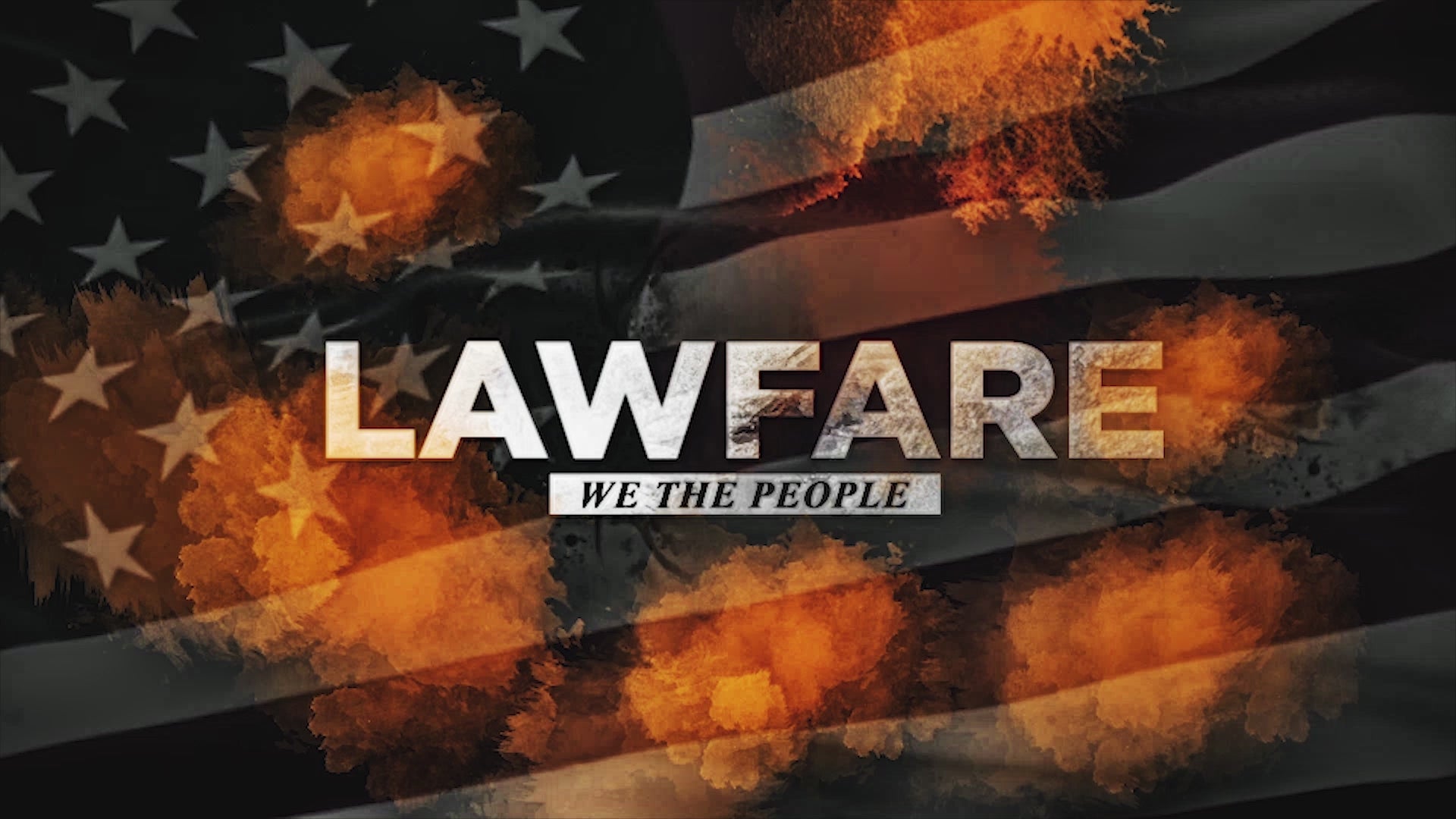On November 17, 2025, the United Nations Security Council adopted Resolution 2803, a U.S.-drafted measure endorsing President Donald Trump’s ambitious 20-point comprehensive plan for Gaza. The vote—13 in favor, with Russia and China abstaining but no vetoes—marks a rare moment of near-unanimity on one of the world’s most intractable conflicts.
Trump hailed it as “one of the biggest approvals in the History of the United Nations,” announcing he will personally chair a new “Board of Peace” to oversee the transition. Yet, as winter floods compound Gaza’s devastation after two years of war that claimed over 69,000 Palestinian lives (per Gaza health authorities), many question whether this UN stamp will translate into lasting peace or merely paper over fundamental fractures.
What the Plan Entails—and What Happens Next
Trump’s plan, first unveiled in September 2025 and annexed to the resolution, builds on a fragile ceasefire achieved last month through Phase One: a hostage-prisoner exchange and temporary truce. Key elements include:
-
Demilitarization and Security: An International Stabilization Force (ISF)—yet to be fully constituted, with only Indonesia and Turkey publicly committed—will secure Gaza, dismantle terrorist infrastructure, decommission weapons, and train a new Palestinian police force.
-
Transitional Governance: A “Board of Peace,” chaired by Trump and including unspecified “powerful and respected leaders” (rumors swirl around figures like Tony Blair), will supervise a technocratic Palestinian committee for day-to-day administration while the Palestinian Authority (PA) undergoes reforms.
-
Reconstruction and Aid: Massive rebuilding of the enclave, described by U.S. Ambassador Mike Waltz as turning “hell on earth” into a prosperous territory, with humanitarian aid coordinated under the Board.
-
Political Horizon: Only after PA reforms and Gaza’s redevelopment does the resolution vaguely note “conditions may finally be in place” for Palestinian self-determination and statehood, with the U.S. facilitating Israel-Palestinian dialogue.
The ISF and Board expire in 2027, giving a tight timeline. Israel has welcomed the plan for ending Hamas rule, while Netanyahu faces domestic backlash from far-right coalition partners over any nod to Palestinian statehood.
Palestinian Perspectives: Why Success Seems Remote
From a Palestinian viewpoint, the plan’s prospects appear dim—bordering on illusory. Critics, including Hamas (which rejected the resolution as turning any force into “a party to the conflict in favor of the occupation”), see it as a repackaged Israeli conquest. Gaza remains under effective Israeli control post-war, with borders sealed and reconstruction dependent on demilitarization that sidelines armed resistance.
History bolsters this skepticism. Israel has repeatedly disregarded or undermined international peace initiatives: withdrawing from the Oslo Accords’ spirit by expanding settlements, ignoring UN resolutions on occupation, and rejecting Arab Peace Initiative offers. Past plans—Madrid, Oslo, Camp David, Roadmap, Annapolis—collapsed amid Israeli settlement growth and military re-occupations.
Palestinians argue this framework entrenches dispossession: no firm statehood timeline, no West Bank linkage, and governance supervised by Trump—an avowed Israel ally who moved the U.S. embassy to Jerusalem and recognized Golan annexation. As Russian Ambassador Vasily Nebenzya noted, it hands “complete control” to opaque U.S.-led bodies, echoing fears of a prolonged trusteeship rather than sovereignty.
The Oxford Union Weighs In: Israel Deemed Greater Threat Than Iran
Adding intellectual fuel to global unease, the Oxford Union—one of the world’s oldest and most prestigious debating societies—voted overwhelmingly on November 13, 2025 (265-113), that “Israel is a greater threat to regional stability than Iran.”
The Oxford Union, founded in 1823 as an independent student-led forum at the University of Oxford, is renowned for free speech and high-profile debates. Separate from the university’s student union, it has hosted figures from Winston Churchill to Malcolm X, training generations of leaders (including 12 British prime ministers) in oratory and critical thinking. Its votes carry symbolic weight, reflecting elite youth opinion.
Proponents, including former Palestinian Prime Minister Mohammad Shtayyeh, argued Israel’s nuclear arsenal (undeclared but widely acknowledged), ongoing occupation, settlement expansion, and the Gaza war’s regional spillover—displacing millions and inflaming tensions—outweigh Iran’s proxy threats.
They portrayed Israel as an “expansionist colonial state” flouting UN resolutions and international law. Opponents, like UN Watch’s Hillel Neuer, countered that Iran arms proxies (Hamas, Hezbollah, Houthis) and pursues nuclear capabilities, making it the true destabilizer—evidenced by Arab states intercepting Iranian missiles aimed at Israel.
The lopsided result underscores shifting perceptions among Western youth: Israel’s actions in Gaza, seen as disproportionate and systemic, now eclipse traditional fears of Iranian theocracy in some circles.
A Fragile Dawn or Controlled Illusion?
Trump’s diplomatic win legitimizes his vision internationally, potentially unlocking aid and troops. Yet without enforceable Israeli concessions on statehood or Palestinian buy-in beyond a weakened Hamas, the plan risks becoming another footnote in failed peacemaking. As Algerian Ambassador Amar Bendjama warned, genuine peace requires “justice for the Palestinian people.” For now, the UN’s endorsement offers hope—but history and Palestinian despair suggest the road ahead remains perilously blocked.










Share:
Kash Patel’s Legal Shield: Defending His Girlfriend Against Mossad Conspiracy Flames
The Mossad Honeypot Conspiracy, Epstein Reversal, and the Defamation Firestorm Surrounding FBI Director Kash Patel and Alexis Wilkins